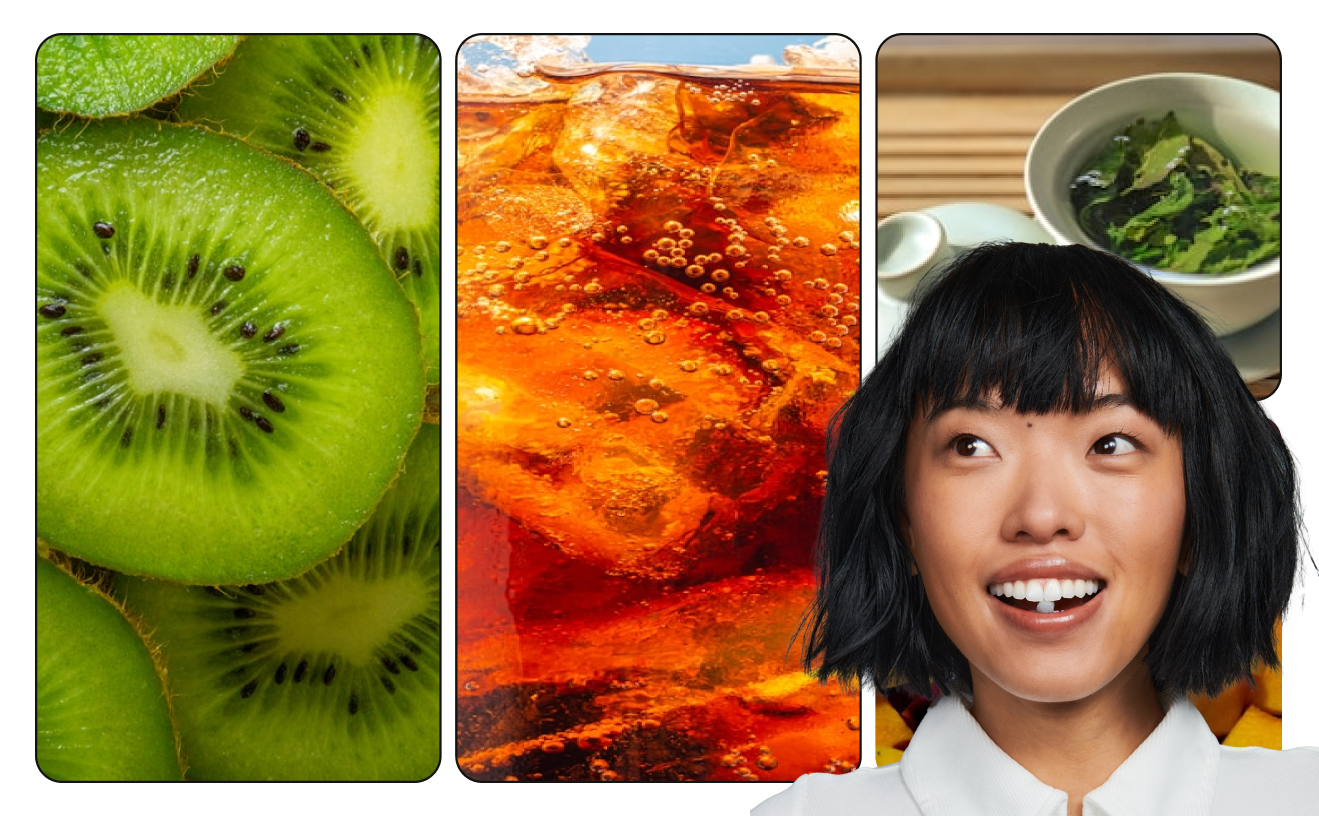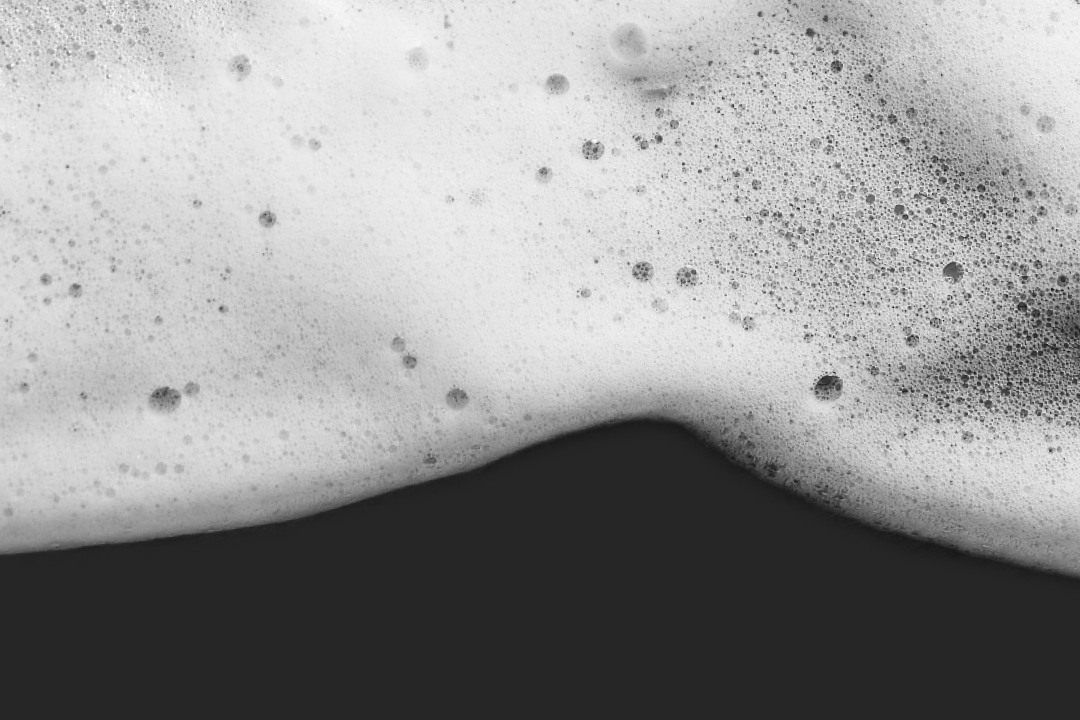Cruelty-Free vs. Vegan: What Are the Differences?
These days, it is pretty common to see advertisements for beauty products like lotion and shampoo that are marketed as vegan beauty or cruelty-free beauty.
Many companies in the beauty industry like to use these buzzwords in their advertising and on product packaging, but what do they actually mean, and what makes these buzzwords different?
Keep reading to find out about the differences between cruelty-free and vegan products and what to look out for before your next personal care product purchase.
What Does Cruelty-Free Mean?
Cruelty-free companies that market a product as cruelty-free should refrain from the use of animal testing. But not every beauty company does.
The unfortunate truth is that beauty brands have free range to use terms like “cruelty-free” and “vegan” without any restrictions. So, a company that calls their finished product vegan makeup can market their products to be cruelty-free but still have unethical testing methods and ignore animal rights.
The reason why companies are able to use these buzzwords is that there are no legal definitions, so there is an opportunity to create ethical loopholes.
So, why are cosmetic products tested on animals?
The reason for animal testing is to ensure that the final product is “safe” or “effective”. However, a large number of products that hurt animals during testing are sold anyway, and animal testing is not necessary in order to confirm product safety or efficacy.
Another reason for animal testing is a bit more sinister — some companies use animal testing only to say that they have been tested, not that they are necessarily safe to use.
Certifications and Symbols
How do you know if a product is truly considered cruelty free?
If a company is advertising a product to be cruelty-free, it must also have a symbol that shows that it has the cruelty-free certification.
Organizations like PETA and Leaping Bunny have certification requirements in which cosmetic companies must verify that they do not test any products or ingredients on animals. You can find cruelty-free symbols either on the front or back of your product’s packaging.
What Does Vegan Mean?
Vegan foods and products are made without the use of animal products. Unfortunately, many cosmetic products have an ingredients list full of animal-derived ingredients like shark liver oil, beeswax, lanolin, or carmine.
A common misconception about vegan goods is that all vegan products and vegan brands are healthier, but this is not necessarily the case.
For example, many food companies will create meat and dairy alternatives and market them as healthier. However, many vegan food products are highly processed and contain harmful ingredients.
The same applies to vegan cosmetic products as well. Products like deodorant and lotion can be made without animal products, but they may also contain ingredients like aluminum and parabens that could affect your hormone regulation.
Are Vegan Products Automatically Cruelty-Free?
You might be wondering whether your vegan cosmetic products are from cruelty-free brands. In most cases, companies will follow the trend of leaving animals out of their products by producing vegan products that are not tested on animals.
However, not every vegan product is going to be cruelty-free as well.
Certifications and Symbols
One of the main symbols you will see when you choose vegan products is the Certified Vegan logo. Certified vegan products completely eliminate the use of animals and animal by-products like honey, milk, leather, silk, or fish liver oil.
What Ethical and Environmental Issues Arise?
Now that you know the basic differences between cruelty-free and vegan, it is time to get into the impacts of products that are not vegan on the earth and animals.
Greenwashing
Greenwashing is a deception tactic used by many companies to convince their consumers that their products are better for the environment than they actually are.
Some common examples of greenwashing are when a company advertises a product that uses environmentally-friendly ingredients but packages those ingredients in plastic.
Another common example of greenwashing includes using the buzzwords cruelty-free and vegan to describe a product, but what is the actual issue with this?
As mentioned before, a company can claim that their products are cruelty-free but still test on animals and use animal-derived ingredients. Similarly, a company can advertise that their product is vegan even if they still test their products on animals.
Animal Testing
Animal testing is an obvious ethical issue because of the gross mistreatment of innocent animals. Species like dogs, cats, rats, and farm animals are used to test cosmetic products and medicines.
An estimated 115 million animals are used in lab experiments every year globally.
One reason for animal testing is to study the safety, efficacy, and effects of different chemicals and ingredients before selling products with these ingredients to the public.
Unfortunately, many ingredients have harmful effects but are sold anyway.
At Bite, we understand that both human and animal lives are precious and that using harmful ingredients is not worth the environmental or ethical cost.
Let’s face it — finding products that are good to your body, the environment, and animals is almost impossible.
Luckily, we make those choices easy for you.
We have created a line of personal care products with clean, safe ingredients that are never tested on animals and are vegan as well.
From our Body Balm to our Toothpaste Bits, you can be sure that you are doing good for your body, the earth, and the animals that inhabit precious ecosystems and our homes!
Animal Products
Countless cosmetic products are produced with ingredients that come from animals, whether it be milk or carmine, a pigment extracted from crushed beetles.
Another harmful animal product that is found in many moisturizers is squalane. Squalane is the hydrogenated version of squalene. Though it can be sourced from plants, most squalene is sourced from shark liver oil.
Unfortunately, sharks must be killed in order to source squalene to make squalane. Sharks are crucial to the survival of many marine ecosystems, and these ecosystems provide resources that we need to survive.
At Bite, we are willing to take the extra step to provide high-quality, clean personal care products which is why we source our squalane in our Body Balm from plants only.
Can Products Be Cruelty-Free and Vegan?
With the current state of our environment, it is vital that we take action to help care for our earth and the animals that live in the ecosystems that we need to survive.
At Bite, we firmly believe that animals play an important role in the survival of our ecosystems and, ultimately, the earth. We also know that animals deserve to be taken care of as much as we humans do.
Our products are not tested on animals and do not contain any animal-derived ingredients. So, yes, it is totally possible for products to be cruelty-free and vegan — we stand as proof!
To take it a step further, we have eliminated the use of plastic to package our products to reduce harm to animals and the earth — especially animals that inhabit marine ecosystems.
From recyclable glass bottles to compostable refill packaging, we are committed to providing you with clean, safe personal care products that produce zero waste.
Are Cruelty-Free and Vegan Products Better?
From a moral standpoint, of course, cruelty-free and vegan is better. It is just as important to take care of animals as it is to care for ourselves.
There is a stigma placed on many cruelty-free and vegan products because they usually do not contain harmful chemicals and ingredients that may seem to work better than naturally-derived ingredients, but that is simply not true.
At Bite, we use the power of nature to formulate effective products that make cleaning up your personal care routines easy.
We use natural, yet effective, alternatives to ingredients like aluminum that can have harmful effects on your body.
Cruelty-Free and Vegan: What To Look For
When purchasing cruelty-free and vegan products, there are a few ways to ensure that you are purchasing conscious products.
Look for Symbols
Because there are no legal definitions, companies can easily market their products as cruelty-free and vegan and not be telling the whole truth.
Be sure to look at your product’s packaging for cruelty-free and vegan certifications. If you cannot find any symbols, you can find more information on the company’s website.
Remember that some small businesses may not have certification symbols on their products but may still use vegan ingredients and cruelty-free testing practices.
Do Your Research
Another item to look for is additional information on a company’s practices that go into the production of their products.
At Bite, we are committed to being completely transparent about our sustainability and cruelty-free practices. We list all of our ingredients with information about those ingredients so that you know exactly what you are using when you use our products.
Look at Ingredients
As mentioned before, a product can be vegan and cruelty-free but still contain harmful ingredients. Looking out for ingredients like parabens, artificial fragrances, and phthalates in your products will help you narrow down your options.
At Bite, our products are 100 percent vegan and cruelty-free, and we use safe and clean ingredients so that you do not have to compromise. We make the switch to clean products easy for you!
The Bottom Line
Choosing morally and environmentally conscious products can be a mammoth task with hundreds of personal care products out there. However, looking for important symbols and clean ingredients will help you make the right choice.
At Bite, we make choosing clean and conscious products easy for you. With Bite, you can be confident that you are making the right choice for your body, the animals, and the planet!
Sources:
Facts About Product Testing on Animals | PETA
How is a company certified as cruelty-free? | PETA
Greenwashing Definition | Investopedia
About Animal Testing | Humane Society International
Squalene and Sharks | Shark Stewards
carmine | pigment | Encyclopedia Britannica


